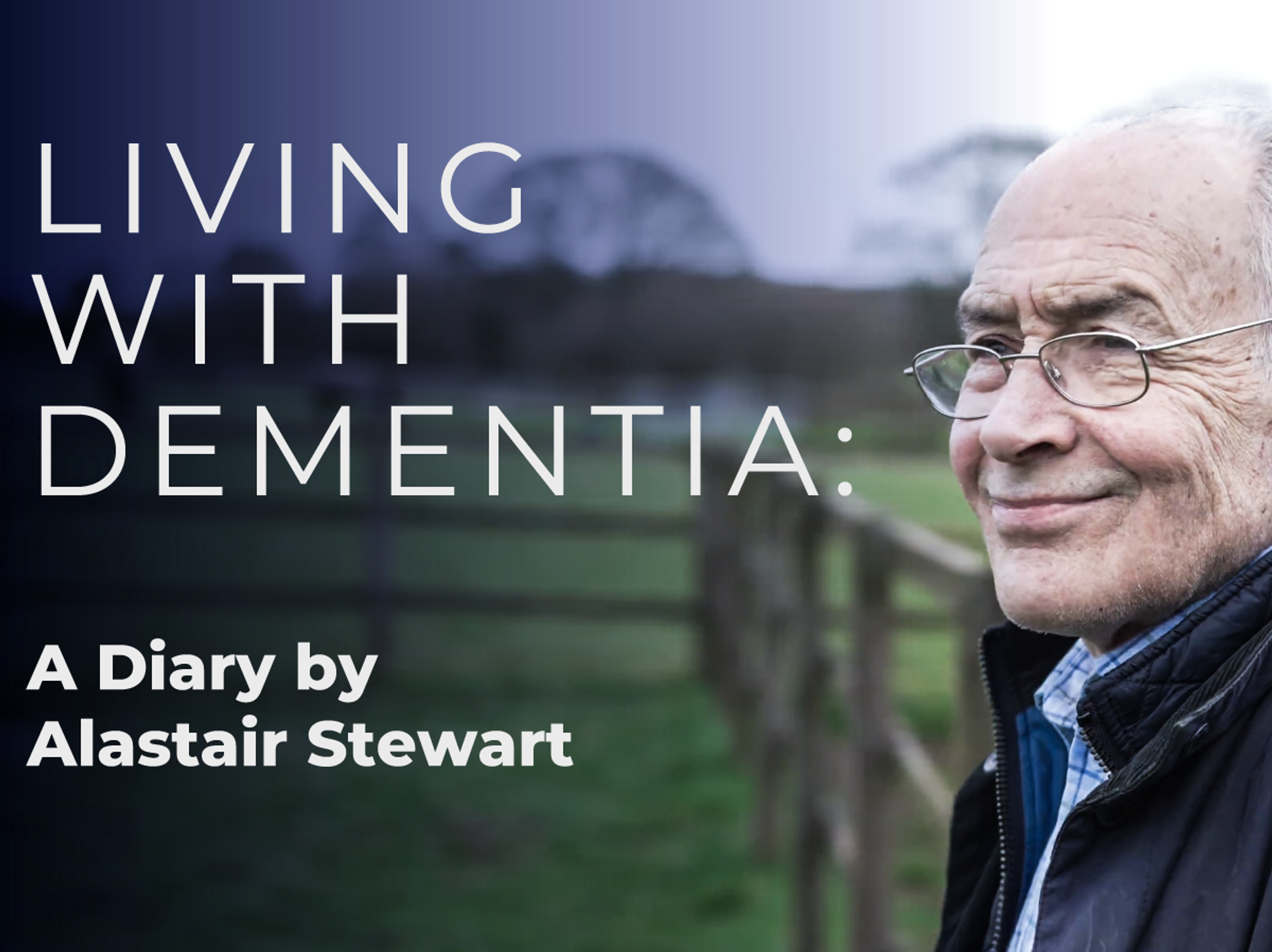'Never too late': Quitting smoking by age 40 could slash verbal fluency decline by 50%, scientists say

Those who stop smoking may have much slower rates of cognitive decline, new findings have revealed
Don't Miss
Most Read
Anyone who gives up smoking after 40 could help protect their memory and thinking skills as they age, new findings have revealed.
A major new study from UCL has found that people who quit smoking saw their memory decline slow by 20 per cent and their verbal fluency decline slow by an impressive 50 per cent compared to those who kept lighting up.
The research looked at more than 9,400 people aged 40 and over from a dozen countries, tracking how their cognitive abilities changed over six years.
It's particularly encouraging news for middle-aged and older smokers who might think it's too late to make a difference.
TRENDING
Stories
Videos
Your Say
The UCL team compared people who'd given up cigarettes with those who carried on smoking, examining how their thinking abilities changed over time. Half the participants had successfully quit, while the other half continued their habit.
The researchers wanted to understand the long-term benefits of quitting, as previous studies had already established clear links between smoking and cognitive health problems.

Quitting smoking may help people maintain better cognitive health
|GETTY
They tested participants' memory and verbal fluency regularly throughout the six-year study period.
What they discovered was remarkable - those who'd stopped smoking showed much slower rates of cognitive decline than their smoking counterparts. The differences were most striking when it came to verbal skills and memory retention.
Dr Mikaela Bloomberg from UCL's Institute of Epidemiology and Health Care underscored how important these findings are, sharing: "Our study suggests that quitting smoking may help people to maintain better cognitive health over the long term, even when we are in our 50s or older when we quit."
Although it's common knowledge that stopping smoking brings physical health benefits, Dr Bloomberg noted: "It seems that, for our cognitive health too, it is never too late to quit."
Her colleague Professor Andrew Steptoe added that slower cognitive decline is connected to lower dementia risk.
"These findings add to evidence suggesting that quitting smoking might be a preventative strategy for the disease," he noted.
LATEST DEVELOPMENTS

'For cognitive health, it is never too late to quit smoking'
|PA
The findings come as UK smoking rates hit record lows, with latest figures showing just 11.9 per cent of adults smoke cigarettes - about six million people - with those over 65 least likely to light up at 8.2 per cent.
Dr Julia Dudley from Alzheimer's Research UK welcomed the research but noted more work is needed to understand other contributing factors like socioeconomic background and alcohol consumption.
Professor Paresh Malhotra from Imperial College London agreed that the study adds weight to what experts increasingly recognise.
"It's increasingly clear that what's good for your heart and blood vessels is good for your brain and thinking," he shared.
Our Standards: The GB News Editorial Charter











